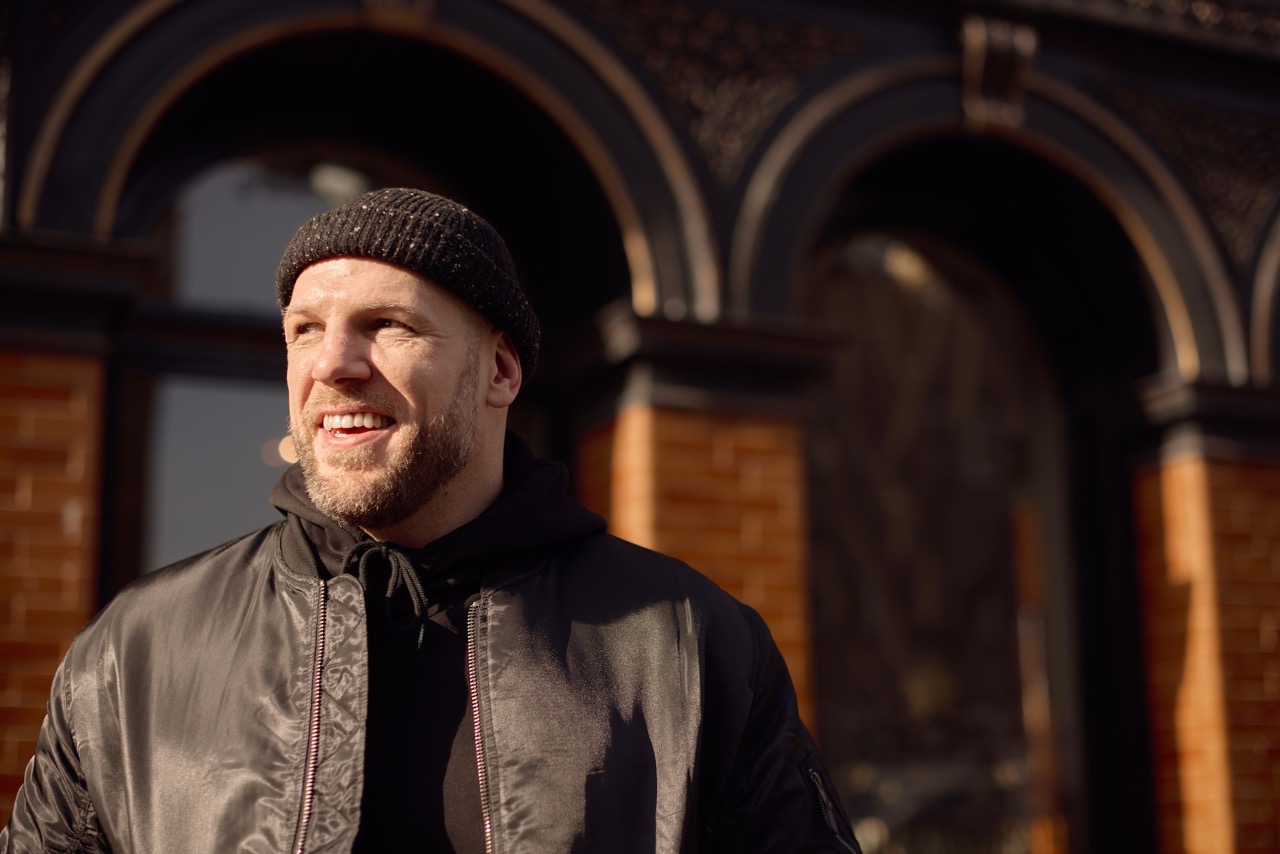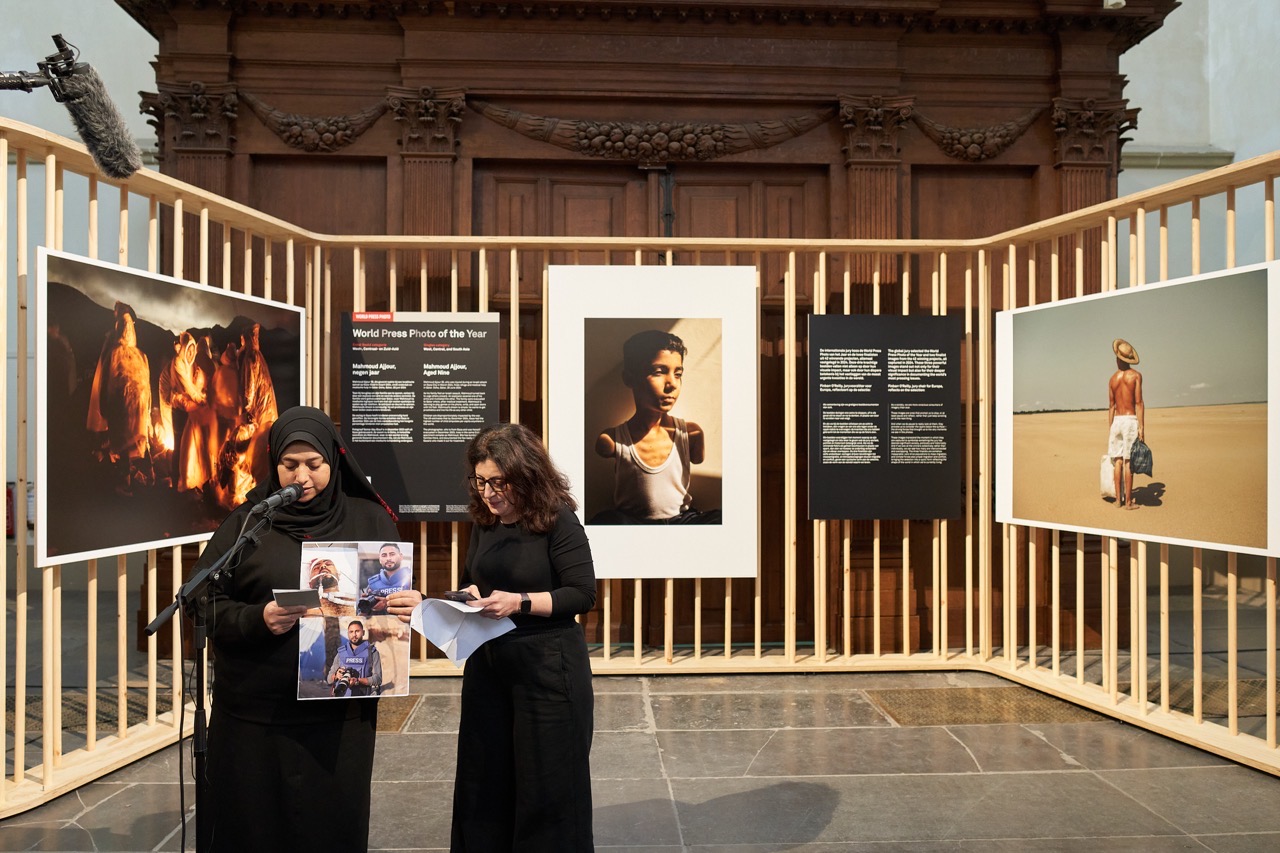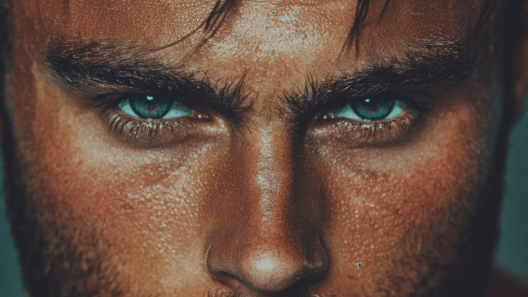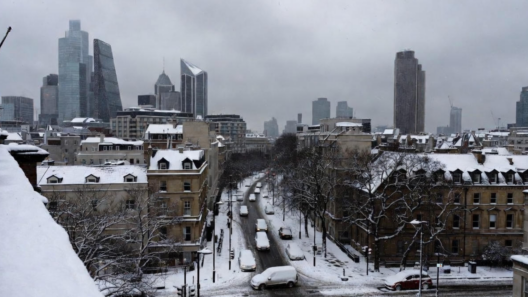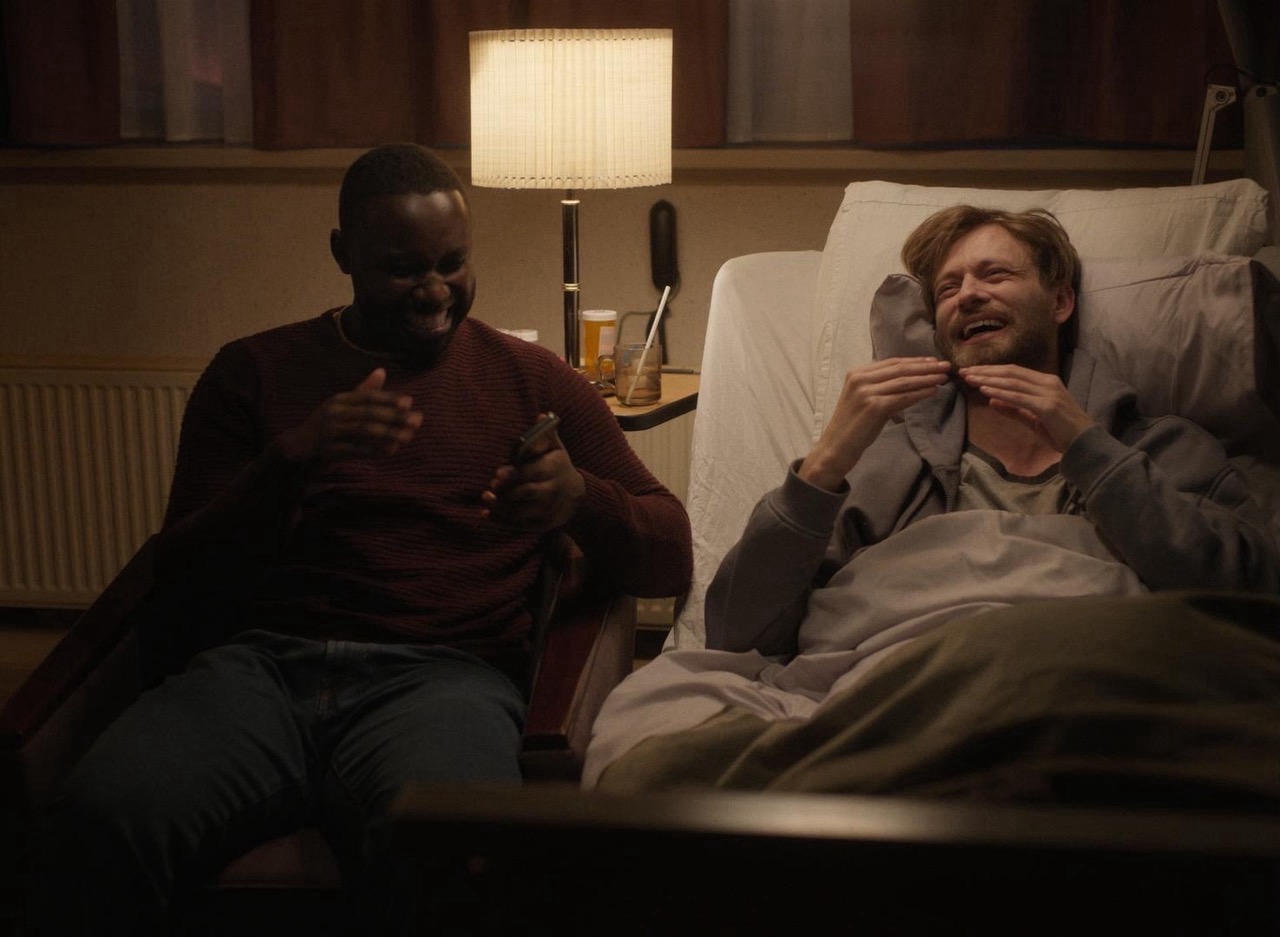Florence Bouvy’s short film Where We Stay captures the raw, tender final hours between two young men facing the inevitable. Anchored in silence and intimacy, the film refuses cliché goodbyes and instead explores the vulnerability of unspoken love. We sat down with the filmmaker to uncover the personal grief, improvisational magic, and emotional honesty that shaped this quietly powerful piece.
Explain the plot of WHERE WE STAY.
WHERE WE STAY is about two young men, Carry and Daniel, who have never acknowledged their underlying feelings for each other. Now that Carry is dying, time is running out. In the film we see their last night together. They are faced with the question: do we dare to love someone, when we know we’re about to lose them?
What inspired you to tell this story?
While I was in film school, my father was diagnosed with terminal cancer. Watching someone you love slip away is incredibly painful, but I also realized that those final moments can be filled with a very deep love and we are faced with the deepest parts of ourselves. I wanted to make a film that exists in that space, one that moves away from the idea of a perfect, romanticized goodbye. Our last moments with someone are often messy and unfiltered, but that’s where our real humanity shows up.
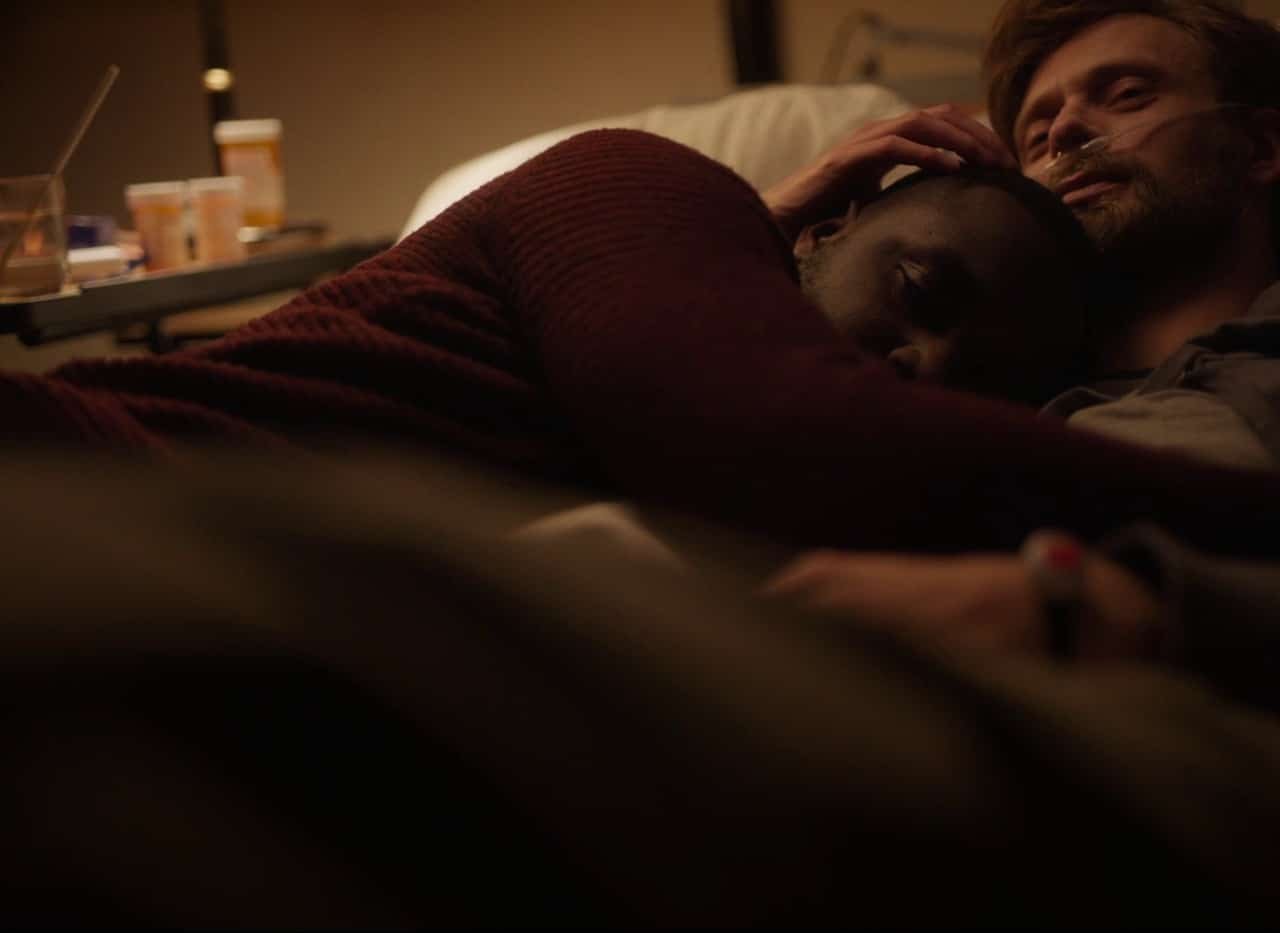
Emmanuel and Michael are phenomenal as Daniel and Carry. How did they come on board the project?
Michael Muller is an actor I’ve worked with on many projects, so I always pictured him as Carry when writing the script. For Daniel, instead of quick casting sessions, I held six 90-minute work sessions to explore chemistry and see if the actors were comfortable with my improvisation-heavy directing style. It was important that they felt safe in that process, so it was just as much for them to figure out if they wanted to work on this. When Emmanuel came in, his connection with Michael was immediate and he brought layers to Daniel that I could never have imagined.
Was there a lot of backstory written about Carry and Daniel that didn’t make it to the screen?
Yes, there was a lot of backstory to deepen the performances like how they met, their last conversation, even what Carry was dying from, but I chose not to include it in the film. I wanted to stay in that grey area that is actually so fitting to a process of death, where the focus is on our interactions rather than explanations. I added subtle context, but ultimately, I want the audience to stay present with the emotions instead of intellectualize. It doesn’t matter why he’s dying, it matters that they love each other and don’t know how to express it.
There’s a dreamlike sequence in which Carry does something resembling a dance. How did the idea for this scene come about?
The scene came out of improvisations on set while I was experimenting with placing Carry in different spaces to explore a more fluid, dreamlike narrative. A lot of those scenes were cut because they raised too many questions about his death process, but this particular moment stayed. I played music that had inspired the writing and allowed Michael to flow freely and work through Carry’s emotions. It ended up being an extremely beautiful, long take, and the part we kept gives us a glimpse into Carry floating in between worlds, a quiet but essential part of the film.
Who would you describe as your main influences for this film?
I obviously did research, reading books, speaking to people who work in end-of-life care and visiting hospices, but the core of my inspiration comes from all the people who left us and those real-life experiences. My father’s deathbed was the starting point, and then, just before we began filming, his brother passed away in a very similar way, which brought me back to all those nuances of the final moments we share before we pass. What also moved me was how people in the crew brought their own stories: Michael Muller, for example, had just lost his grandmother and shared some of their final conversations. So in the end, the biggest inspiration are the real people we have lost, and how their presence found its way into the film.
What’s next for you?
I’m open to anything that comes my way. I love to keep exploring different forms of film and storytelling, and I hope WHERE WE STAY keeps finding its audience to connect to.


